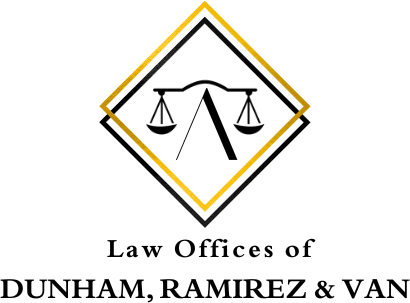Call us now:
Bankruptcy Chapter 7
Personal and Business Bankruptcy
Chapter 7 bankruptcy, often referred to as a “straight bankruptcy” or “liquidation,” is one of the most common forms of bankruptcy for individuals and small businesses. It offers a fresh financial start by discharging most, if not all, of your unsecured debts, such as credit card bills, medical expenses, and personal loans. Whether you’re an individual, a couple, or a small sole proprietorship, Chapter 7 may be the most effective way to eliminate overwhelming debt and regain financial control.
Understanding Bankruptcy Exemptions
Before diving into Chapter 7 bankruptcy, it’s essential to grasp the concept of exemptions. When you file for Chapter 7, a trustee is appointed to oversee your assets and debts. However, bankruptcy law allows you to protect certain assets from being sold to pay off creditors. These are known as “exemptions.”
Some commonly exempt assets include:
- Your primary residence
- A vehicle
- Personal belongings like clothing and household goods
- Retirement accounts (such as 401(k) or IRAs)
- Tools of the trade necessary for your job
Each state has specific exemption limits, so it is crucial to work with a qualified bankruptcy attorney to ensure you’re maximizing your protection. If any of your assets exceed the exemption limits, the trustee may sell them to pay off your creditors.
The Bankruptcy Income Test: Do You Qualify for Chapter 7?
To qualify for Chapter 7, you’ll need to pass the “means test.” This test evaluates your Current Monthly Income (CMI) based on your average income over the six months before filing, excluding Social Security benefits. If your income is below the median income for a household of your size in your state, you may be eligible to file for Chapter 7. If your income is above the median, further calculations are required to determine whether you may still qualify based on other financial factors. Consulting with an experienced bankruptcy attorney is key to navigating this complex process
Business Bankruptcy Under Chapter 7
Chapter 7 is not only available to individuals but can also be utilized by small sole proprietorships looking to discharge business-related debts. However, for corporations and limited liability companies (LLCs), Chapter 7 does not provide a discharge of debt. Instead, the business is liquidated, and any proceeds are used to pay off creditors. Once the process is complete, the business entity ceases to exist.
It’s important to note that while the business itself does not receive a discharge, the owners, shareholders, and officers of the corporation or LLC may still be held personally responsible for certain business debts. This could lead to the need for a personal bankruptcy filing.
Why You Need an Experienced Bankruptcy Attorney
Filing Chapter 7 bankruptcy requires a deep understanding of both federal and state laws, as well as careful planning to protect your assets and ensure a smooth process. Our expert bankruptcy attorneys will guide you through every step, from determining your eligibility to filing the paperwork, to ensuring your assets are protected under the appropriate exemptions.
If you’re considering filing for Chapter 7 bankruptcy in California, contact us for a free consultation. We’re here to help you achieve financial freedom and take the next steps toward a debt-free future.
Other Legal Practice Areas

Personal Injury
Each year, millions of people in the United States are injured in accidents, many of which are caused by the preventable carelessness or…

DUI Defense
Nobody plans to be charged with or arrested for a DUI, but a DUI conviction can have serious and lasting consequences. A conviction can affect your…

Criminal Defense

Bankruptcy Chapter 13

Wills & Trusts
A will, or last will and testament, is a legal document that outlines your wishes regarding the distribution of your assets and…

Incorporation Services
Incorporation is the process of legally forming a corporation, a type of business entity that is recognized as a separate…
Get a Free Personal Consultation
Office
4108 Rosemead Blvd, Rosemead, CA 91770, United States
Phone
+1 626-288-1699
info@rosemeadlawyers.com
